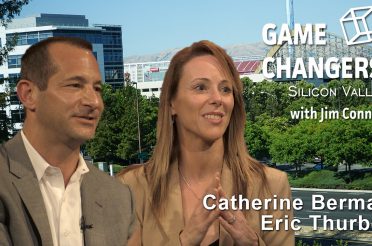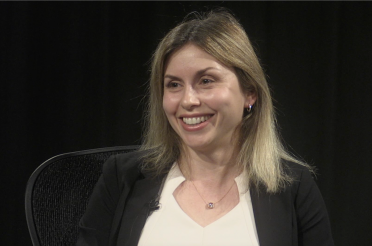Overview
Today the average life expectancy in the U.S. is 78 years. It’s a remarkable achievement in light of the fact that the average life expectancy during the 18th and 19th centuries was less than 50 years old. Innovations in medical treatment, food production and hygiene standards have all played a key role. However, the celebration of a longer average life span has been met with a sobering reality about the quality of those later years.
Today we will discuss memory loss, how it develops, the potential to evolve to dementia, and the pro-active measures available to address the underlying causes.
There is a general acceptance that most of us will experience memory loss as a natural part of the aging process. Memory loss seems to start around the age of 55 years old, and it’s a subtle condition that most of us will barely notice. Currently, there is no effective medical treatment for memory loss. But there is a body of published research about how certain lifestyle choices will promote general good health and restrict memory loss. Today’s discussion is about the causes of memory loss and what you can do to prevent the onset or slow its progression.
My guest on this topic is Susan Gibson, an entrepreneur with 35 years of experience in medical device product development and pharmacology research
Some of the topics addressed are:
- What are the factors causing memory loss?
- When does memory loss begin?
- What are the most important choices in preventing memory loss?
- What is the confidence level or probability that memory loss leads to dementia?
- Can you retrain or stop the progression of memory loss?
image by Gert Altmann
Transcript
Contact Info
Susan Gibson : sgibson@vivolor.com
Jim Connor : jconnor@gamechangers.tv
Website Link - : www.vivolor.com








Leave a Reply
You must be logged in to post a comment.